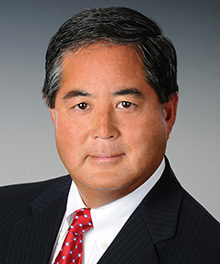Transition or Imposition – Shareholders Beware of the 2017 Transition Tax on Foreign Earnings
The transition tax is a mandatory one-time tax to be imposed on U.S. shareholders that own 10 percent or more of the shares of a controlled foreign corporation (“CFC”) and U.S. corporate shareholders that own 10 percent or more of the shares of a foreign corporation (not necessarily a CFC), collectively referred to as specified foreign corporations (“SFCs”), on unremitted and previously untaxed earnings and profits of such SFCs. The purpose of the transition tax is to close the chapter on the old deferral of foreign source income regime and usher in the participation exemption system – a commonly used taxing regime particularly prevalent on the European continent.
Under the final law, 10 percent U.S. shareholders of SFCs will be taxed on their pro rata share of the net earnings and profits (“E&P”) of such SFCs. For these purposes, the net E&P will be determined by tallying the positive and negative balances of all SFCs. In the case of any S corporation which is a U.S. shareholder of an SFC, each shareholder of such S corporation may elect to defer payment of such shareholder’s net tax liability until the shareholder’s taxable year which includes a triggering event.
The subpart F income of shareholders shall be increased by the greater of: (1) accumulated post-1986 deferred foreign income on November 9, 2017; or (2) accumulated post-1986 deferred foreign income on December 31, 2017. The effective tax rate for the “cash position” is 15.5 percent, while the effective tax rate for illiquid assets is 8 percent. There are provisions for the use of foreign tax credits.
Taxpayers may elect to pay the resulting tax on an installment basis, over five annual payments of 8 percent of the total tax liability, 15 percent in year six, 20 percent in year seven, and 25 percent in year eight.
This provision is effective for the last taxable year of a foreign corporation that begins before January 1, 2018, and with respect to U.S. shareholders, for the taxable years in which or with which such taxable years of the foreign corporation ends.
Please feel free to contact a Marcum professional to discuss this and other aspects of the tax reform bill.





















